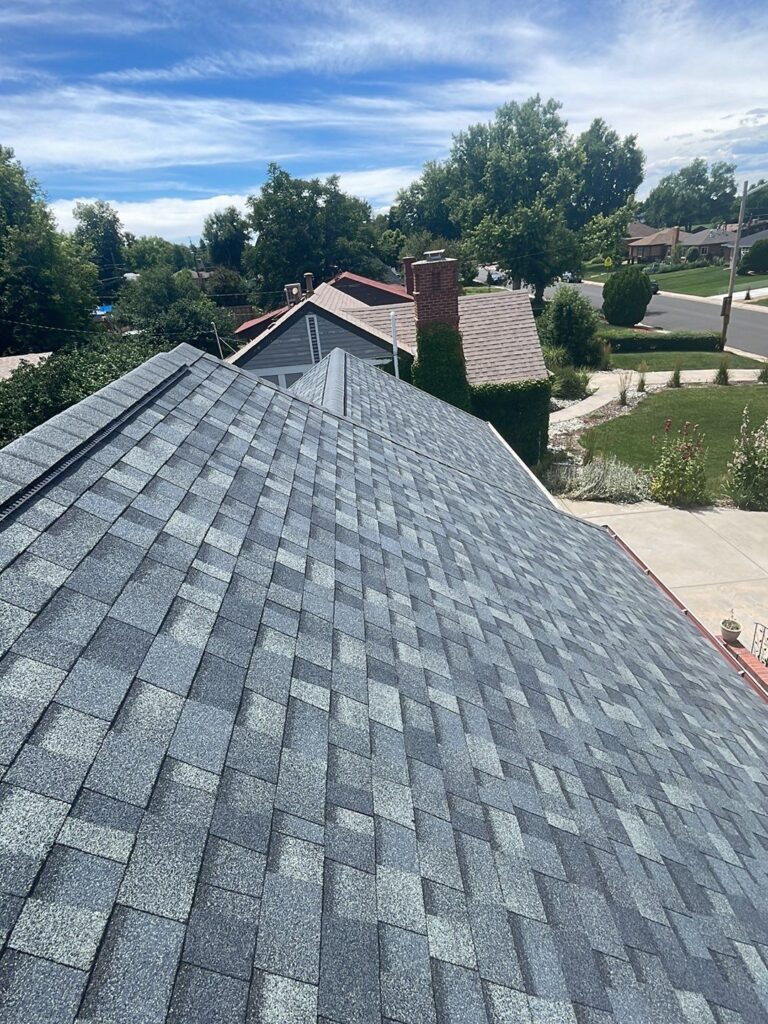
When facing roofing issues, homeowners often struggle with whether to proceed with roof repair or invest in a complete replacement. The right choice depends on factors such as the age of the roof, extent of the damage, energy efficiency concerns, and compliance with local building codes. This guide offers detailed insights for residents considering roofing solutions in Denver, Colorado.
Understanding the Age Factor in Roofing Decisions
The lifespan of a roof is a critical consideration. The lifespan of most roofing systems ranges from 20 to 30 years, depending on the materials used and the level of maintenance provided. In Denver’s climate—marked by intense sun, hail, and heavy snow—roofing materials can deteriorate faster. If a roof exceeds two decades, homeowners should carefully evaluate replacement, as repairs may only offer temporary relief. A thorough inspection can reveal hidden vulnerabilities that compromise structural integrity.
Assessing Damage: When Repairs Are Sufficient
Roof repairs may be suitable for minor, localized issues that do not threaten the overall performance of the roofing system. Signs that repairs could suffice include:
- Small areas of missing or cracked shingles.
- Minor leaks confined to a specific spot.
- Slight damage to flashing or sealant points.
- Isolated punctures from debris or hail.
Prompt action on these issues can prevent escalation and extend roof life. However, frequent repairs over short intervals signal deeper problems requiring broader solutions.
Recognizing Indicators for Full Roof Replacement
A full roof replacement becomes necessary when damage is widespread or structural components are compromised. Homeowners should consider replacement if they observe:
- Large areas of sagging decking.
- Consistent leaks in multiple rooms.
- Shingle granule loss exposing underlayment.
- Rotting sheathing or pervasive mold growth.
- Skyrocketing energy bills linked to poor insulation performance.
Such conditions not only diminish curb appeal but also pose safety risks and reduce home value. Engaging experienced roofers in Denver ensures accurate assessments and quality work.
The Role of Local Building Codes in Roofing Choices
Denver has stringent building regulations to ensure structural safety and energy efficiency. Certain levels of damage may legally necessitate full roof replacement rather than repairs. For example, if a roof has already received two layers of shingles, building codes typically require removal and replacement instead of further layering. Homeowners should consult reputable roofing contractors familiar with Denver’s codes to avoid costly compliance issues.
Energy Efficiency and Long-Term Savings
Older roofs and extensively patched systems often fail to provide optimal insulation. This inefficiency leads to higher heating and cooling expenses. A replacement roof can integrate modern materials designed for superior energy performance, offering long-term savings. Many homeowners report significant reductions in utility costs after installing a new roof suited to Denver’s demanding climate.
Partnering with Trusted Roofing Companies
Selecting the right contractor is crucial. Tried and True Roofing, a trusted roofing company in Denver, Colorado, offers detailed inspections, honest evaluations, and top-tier craftsmanship whether repair or replacement is required. Working with such a reputable provider ensures peace of mind and long-lasting results.
Conclusion
Deciding between roof repair and replacement is a significant choice with lasting impact. Factors like roof age, extent of damage, energy efficiency, and code requirements must guide the decision. Denver homeowners benefit from partnering with experienced professionals who provide clear guidance and superior service tailored to the region’s unique weather challenges. By investing wisely, property owners protect their homes and enhance long-term value.

